Lecture09
Review of Mini-Dissertation and CHIP Learning Log
05 December, 2022
Overview
The week ahead
The week ahead (week 9)
- W9 Personal Tutor session ‘Checking in’
- Any general concerns or queries
- Mini-Dissertation Ethics status
- W10 Cognitive Essay Tutorial
- Psych Society Pub Quiz on Wednesday 7:30 (SU)
- Labs - Ethics, Ethics, Ethics
Mischief Update
You are amazing!
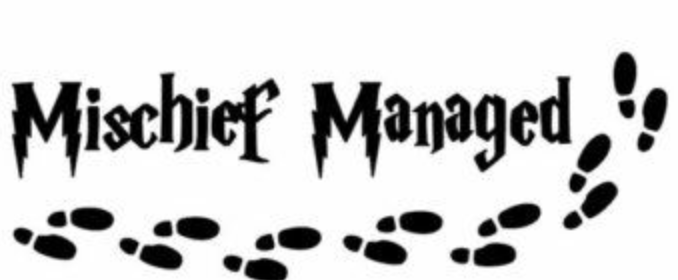
or rather
Mischief Measured: Development and Validation of a Mischief Typology Measure
Authors: Goldsmiths Psychology, Class of ’24
Reflective Practice
Metacognition
The process of thinking about ones own thinking
Most usually with reference to ‘learning’
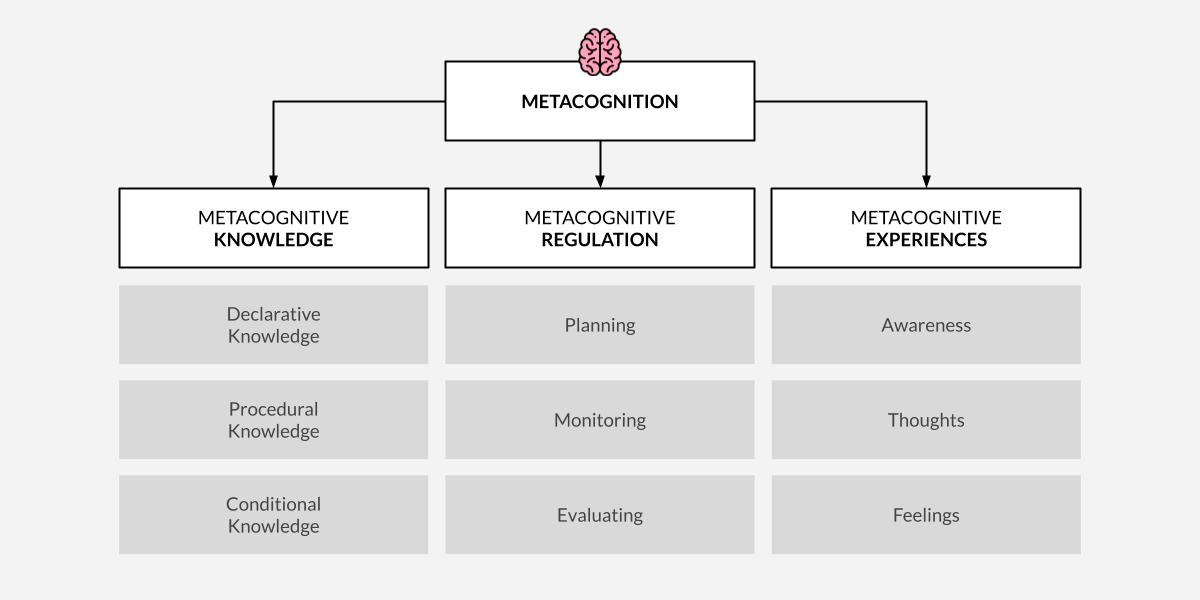
Critical Proposal
In the most part, the Critical Proposal showed a very high quality of work
Clear engagement with the critical evaluative process taught last year.
A modest progression towards the practicalities and process of real research.
You were required to present a ‘critical reflection’

Critical Proposal Briefing

The example given
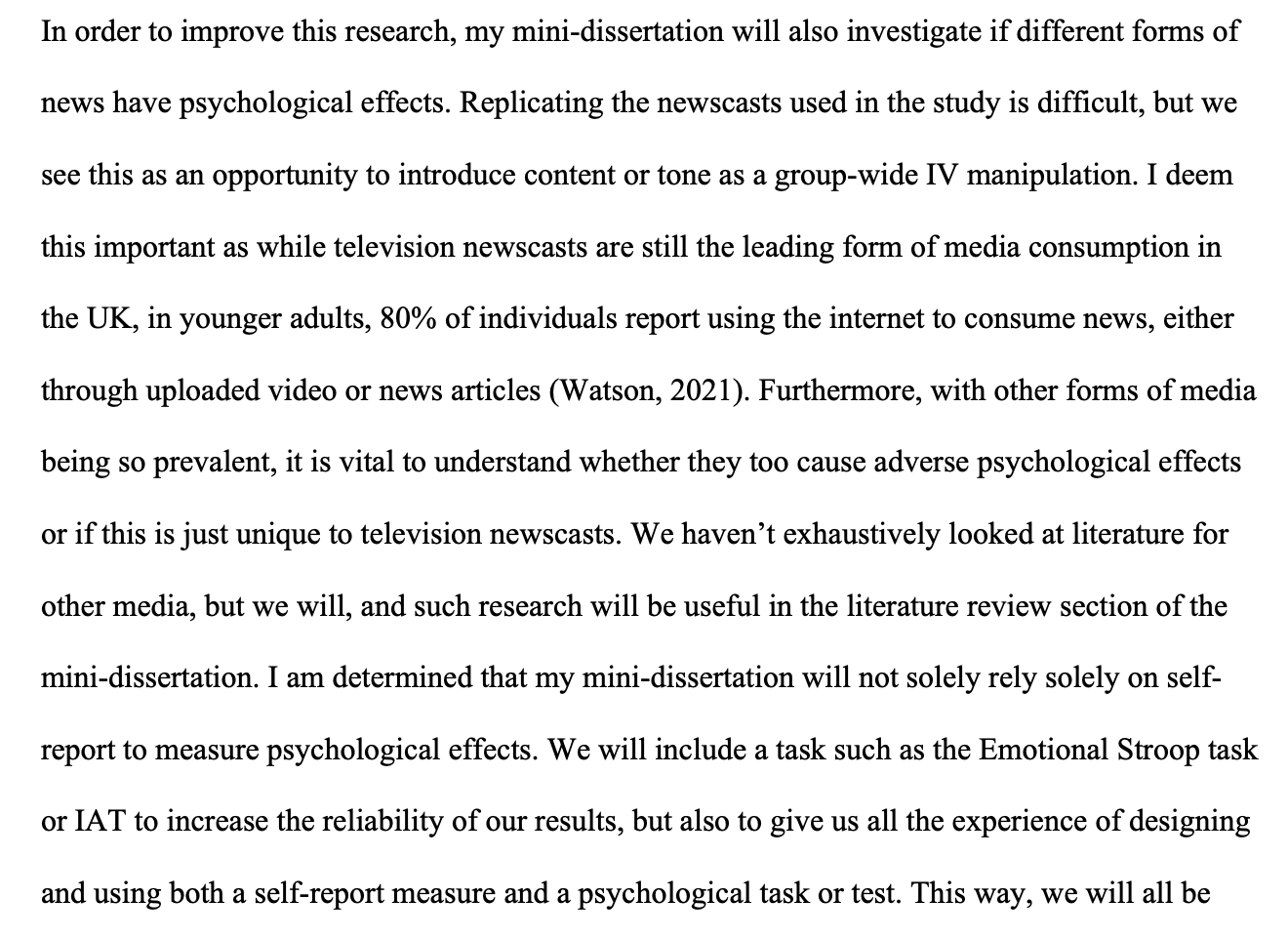
Mini-Dissertation also requires a ‘Reflective Account’
An integral part of the assignment
Worth valuable marks
While we are on the topic
Your ultimate individually written up Mini-Dissertation project MUST conform to the following definitive rules:
2x2 ANOVA design with 2 categorical IVs (each with 2 levels) and a single continuous DV
- You must obtain ethical approval and prove individual involvement in the process of application
- You must make a sample size estimation / Power calculation
- You must collect real data (on- or off-line) and individually contribute to group and cohort data collection efforts
- Open Data (Clearly labelled .csv file e.g. Excel, with codebook or explanations of variables)
- Open Materials (All materials relevant to the task in as immediately reproducible a format as possible - stimulus sets, stimulus creation instructions, scripts or code, experiment design information e.g. random allocation techniques)
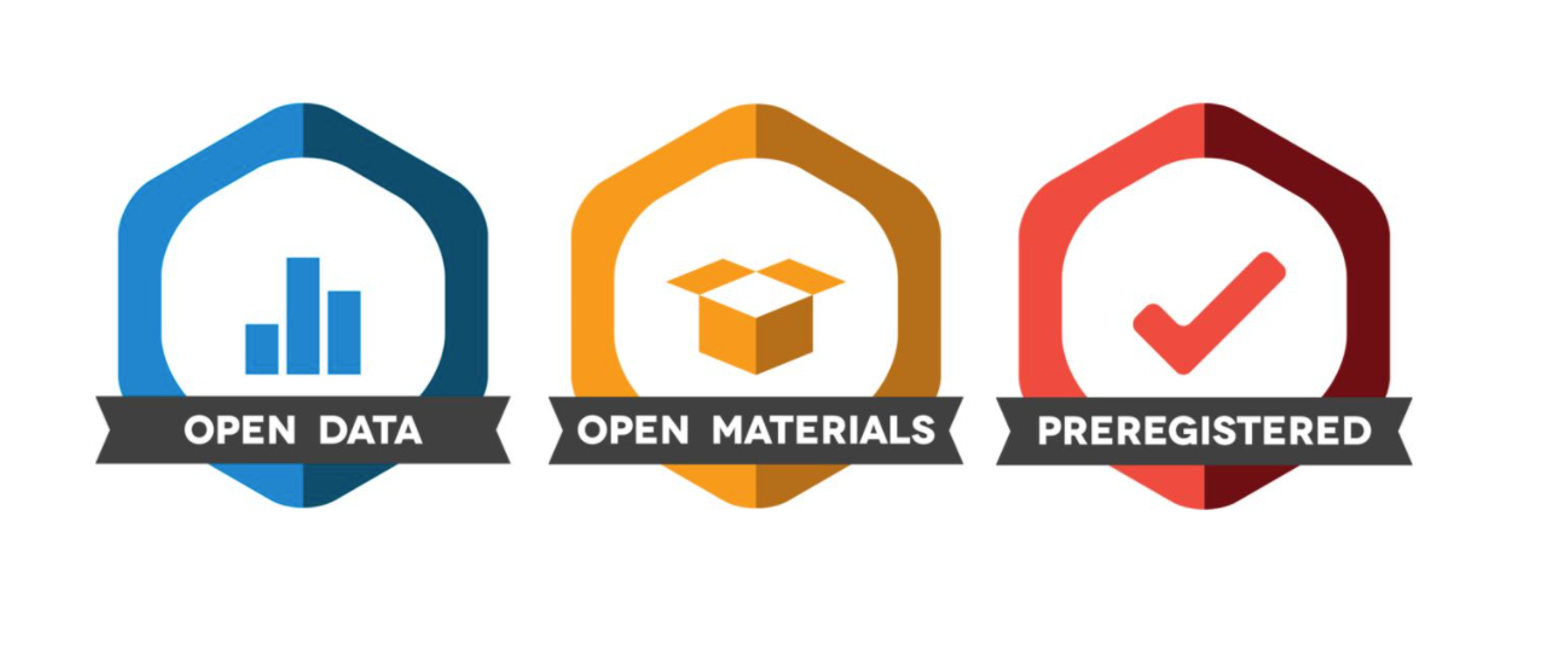
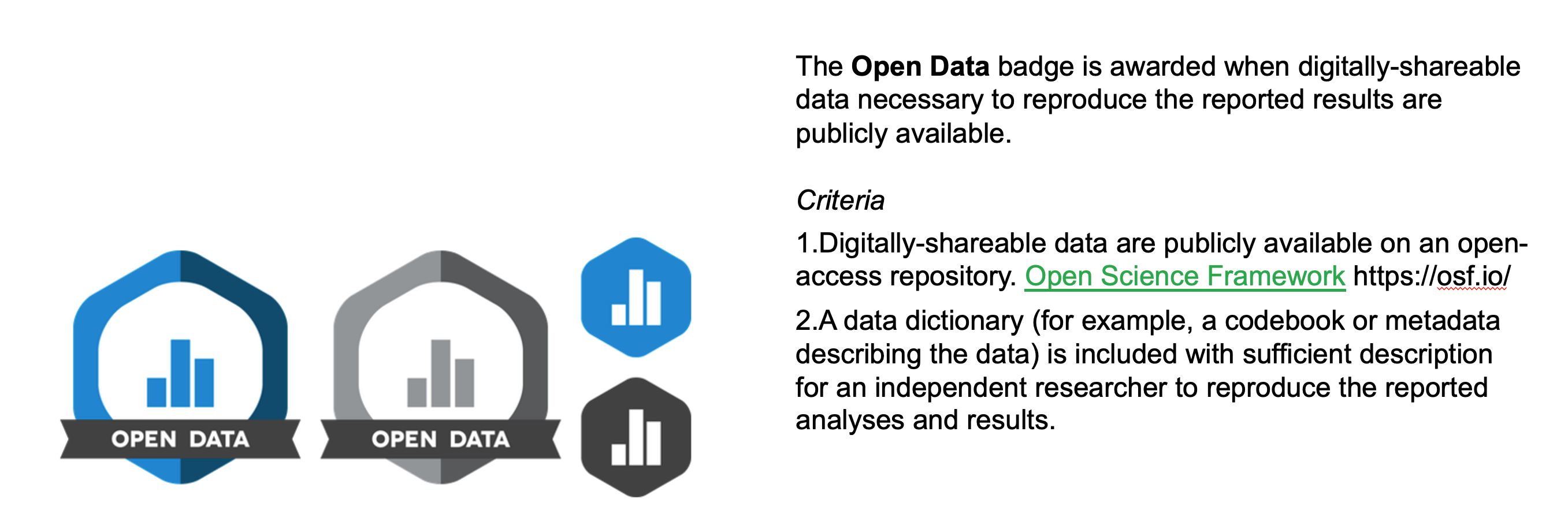
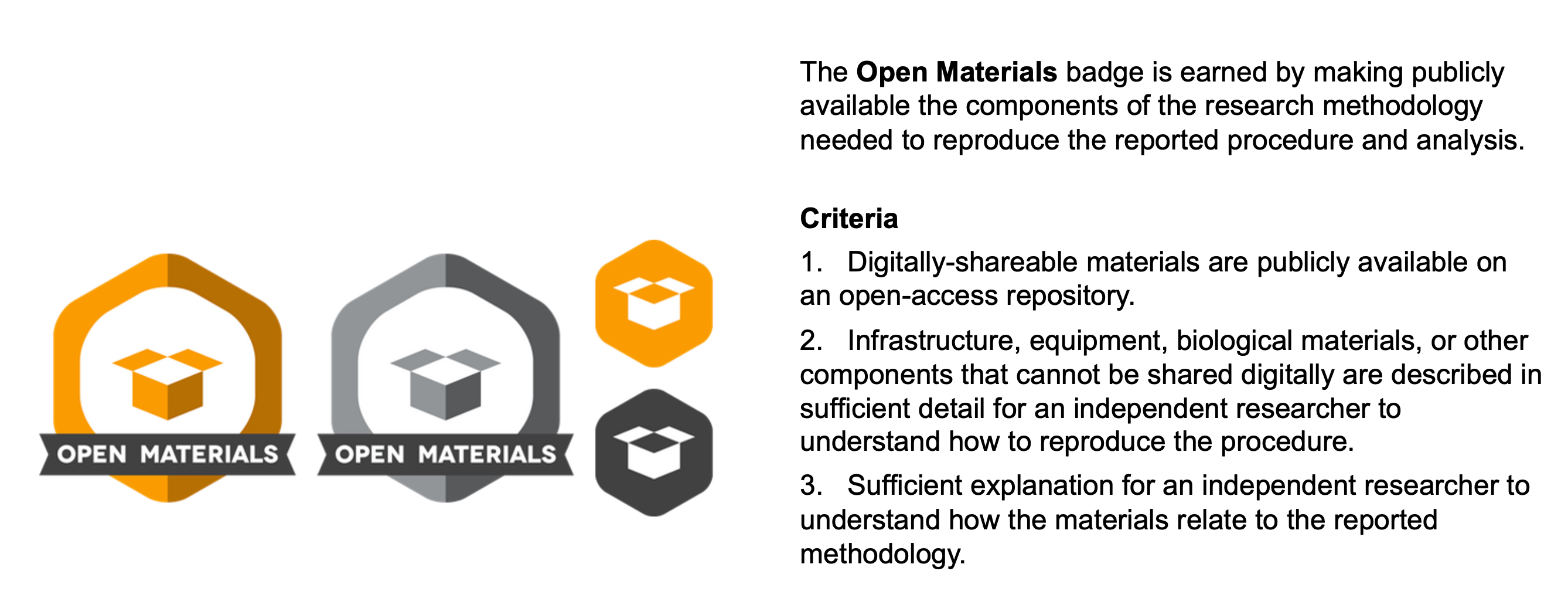
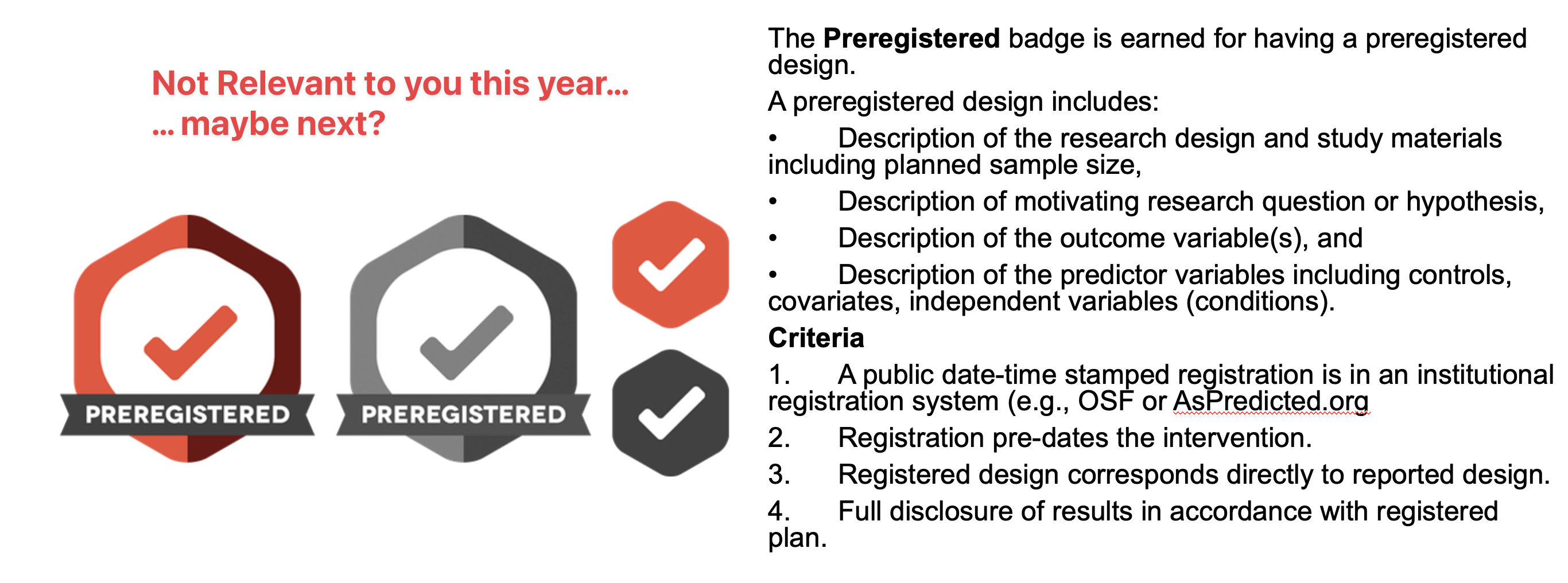
CHIP Learning Log
Designed to introduce you to:
- Conceptual and Historical & Integrative issues in Psychology
- Big picture stuff! Controversies!
Traditional topics are:
- A history of Paradigms in Psychological Research
- Psychology as a Science
- Evolution
- Consciousness
Surprise* hit last year
Inclusivity – 2 lectures from Dr Tegan Penton
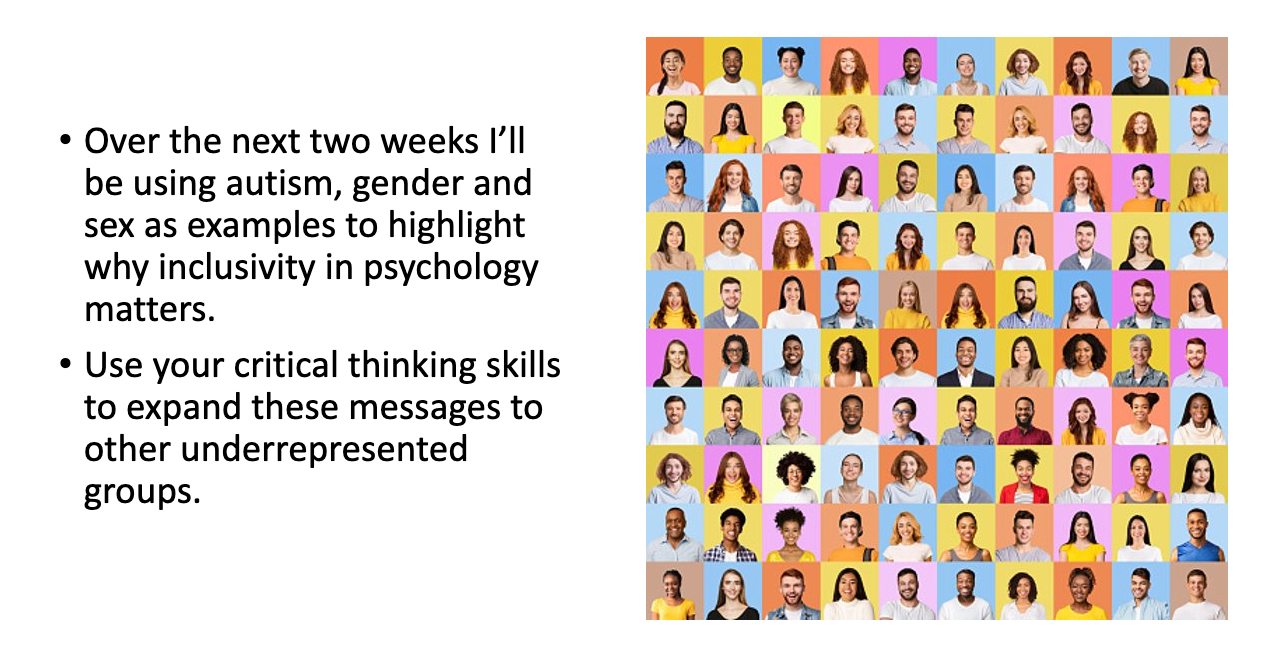
CHIP Assignment(s)
Coursework piece designed to allow you to engage reflexively with the ‘big picture’ of your degree
Think about how these issues link into psychology as a discipline, and how they relate to your own thoughts about what psychology is or should be
Two essays of max 700 words each
Marks are awarded for reflection, evidence of learning and bring topics together. Please see marking criteria for both essays.
Not looking for a restatement of the facts in the lectures etc.
They are designed to be personal and reflective – embrace this aspect!
Essay 1
Essay 1 is based on the content of ONE of the topics and should adopt at least two of the following 6 ‘perspectives’.
As a STUDENT of psychology
As a TRAINEE psychologist
In relation to a RESEARCH application in your future
As an HISTORIAN of psychology
Reporting on the culture or PRACTICE of psychology as it currently exists here or across cultures
As a critic or supporter of psychology’s status as a SCIENCE
Essay 1 tips
Ask a specific question – and answer it.
Intro, body, conclusion structure.
Reflect on the topic and give your own opinion as to the answer!
Present a journey in your learning or appreciation of the topic
Ensure your answer is argued using examples
Use evidence in your argument from a range of sources, ideally do some strategic wider reading
Present and reference it well
Essay 2
Essay 2 should focus on at least one of the OTHER topics covered in the course.
This answer should focus on a primary reading associated with the lectures and then any further reading you have done (strongly encouraged).
You must identify that primary reading explicitly in the essay itself.
You should not simply restate what the authors thought or found, but rather briefly summarise the point that stimulated your interest in the reading and use that as a springboard to discuss the topic or issue.
Think about your perspective on the issues.
What do you think about this debate or issue? We want to know!
And what do you think are interesting directions for psychologists to take this debate or issue in the future?
Essay 2 tips
Explicitly identify a single initial reading and build upon that.
Discuss a debate or issue that you think is interesting or important
Give your own opinion and how this has developed or changed as a result of the lecture, the course more widely, and/or the reading.
Argue your opinion explicitly, own it and back it up with examples
Use evidence in your argument from a range of sources, ideally do some strategic wider reading
Present and reference it well
Overlapping content
You can combine across different topics in Essay 2 (e.g., you could talk about Evolution and Consciousness, or Inclusivity and Science), and thinking about links between topics is strongly encouraged.
However, the material covered in Essay 2 must be different from Essay 1. Students will be penalised for covering identical topics.
Details
Due 10 am 21st April 2023 - about 3 weeks after the end of term
Both answers should be written in essay-style prose (e.g., with APA references where you refer to sources) put in a single document and submitted to the coursework submission page.
Max 700 words per answer (references not included in word count)
Remember that this only accounts for a smaller portion of the module grade (15%). Should hopefully be an enjoyable way to reflect on issues on the course you found interesting.
Essay 1
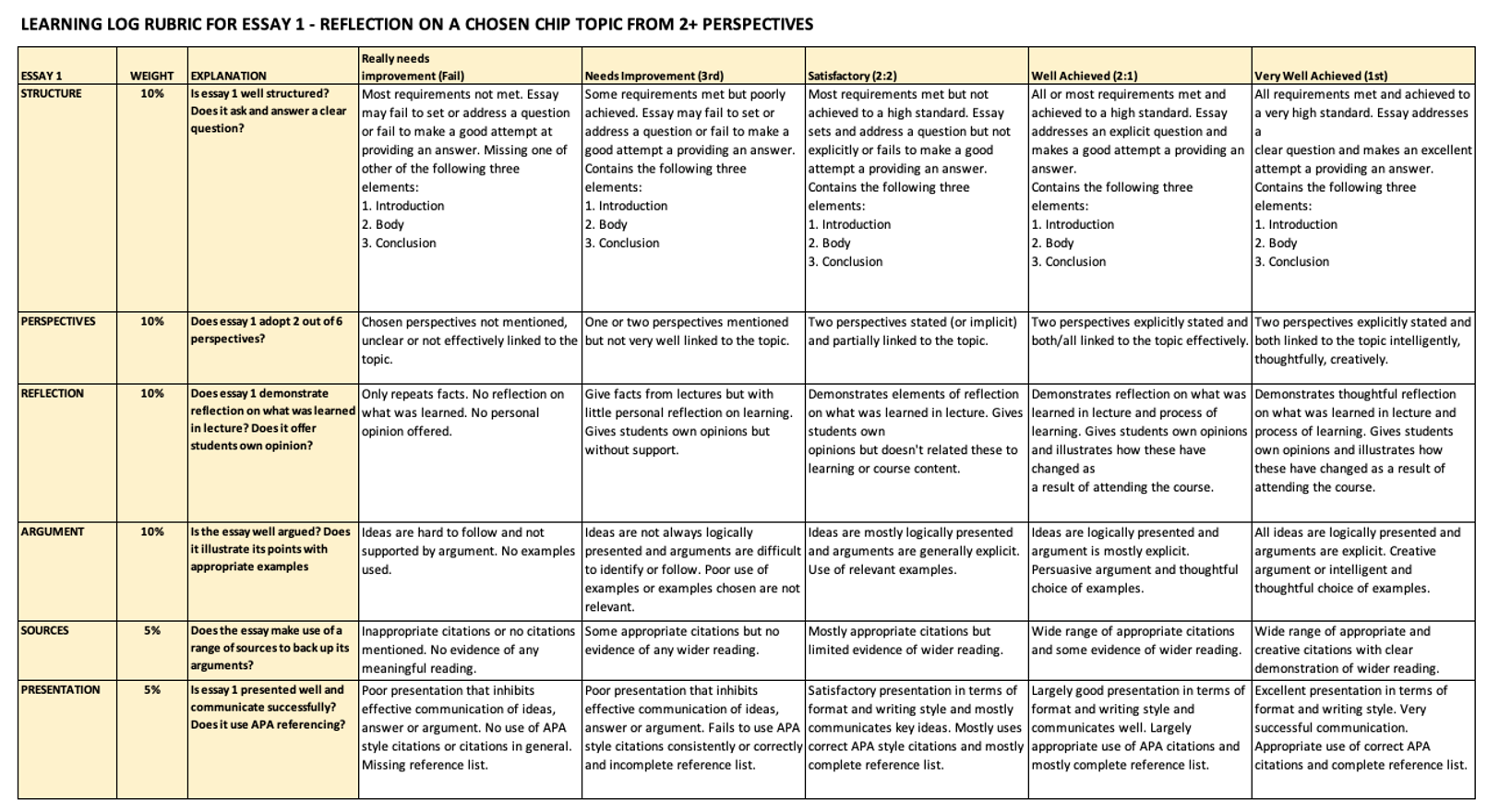
Essay 2
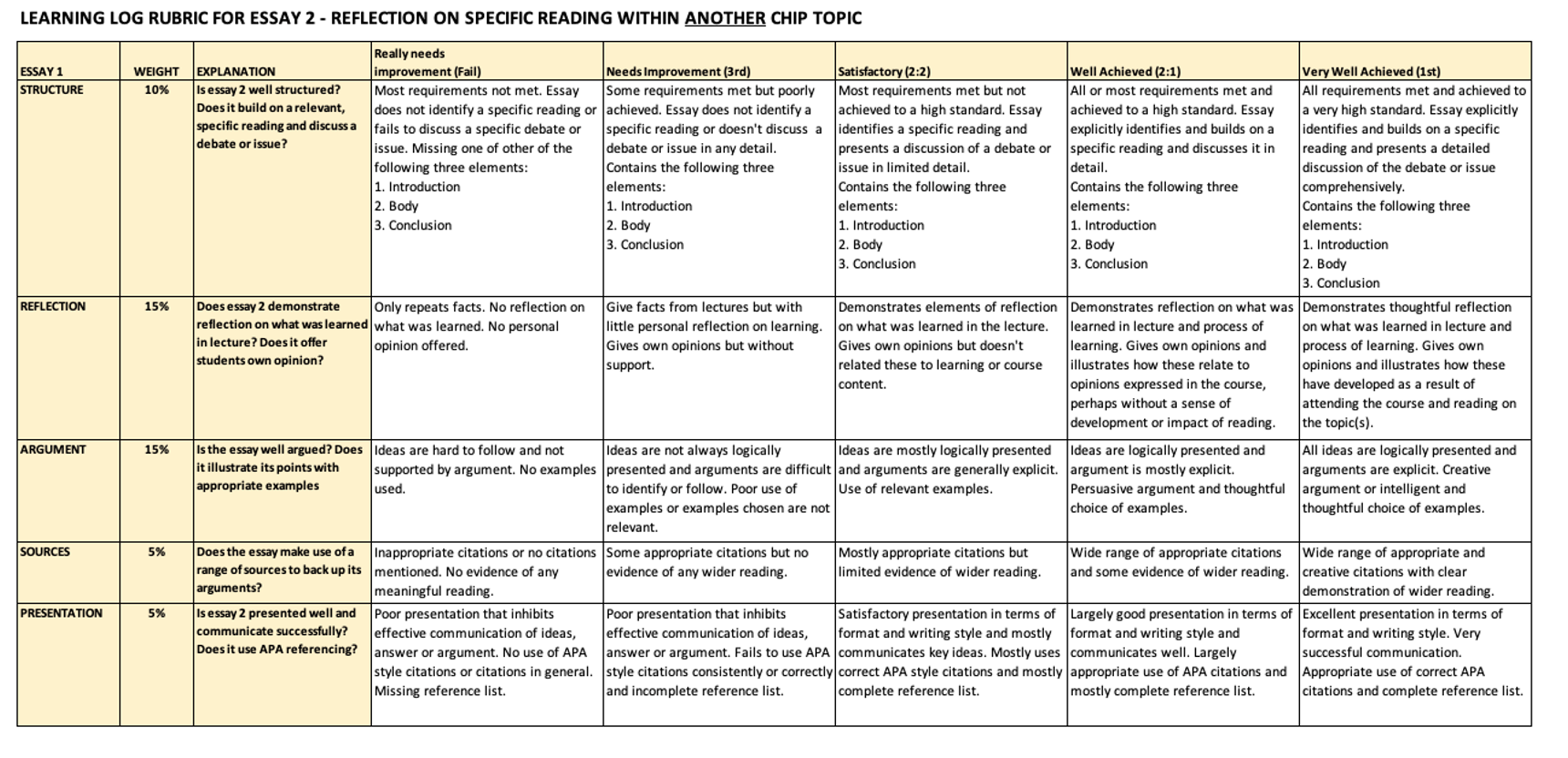
Any questions?
Have a great week!
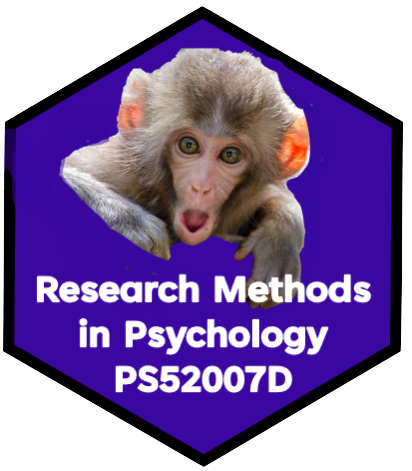
PS52007D Research Methods VLE